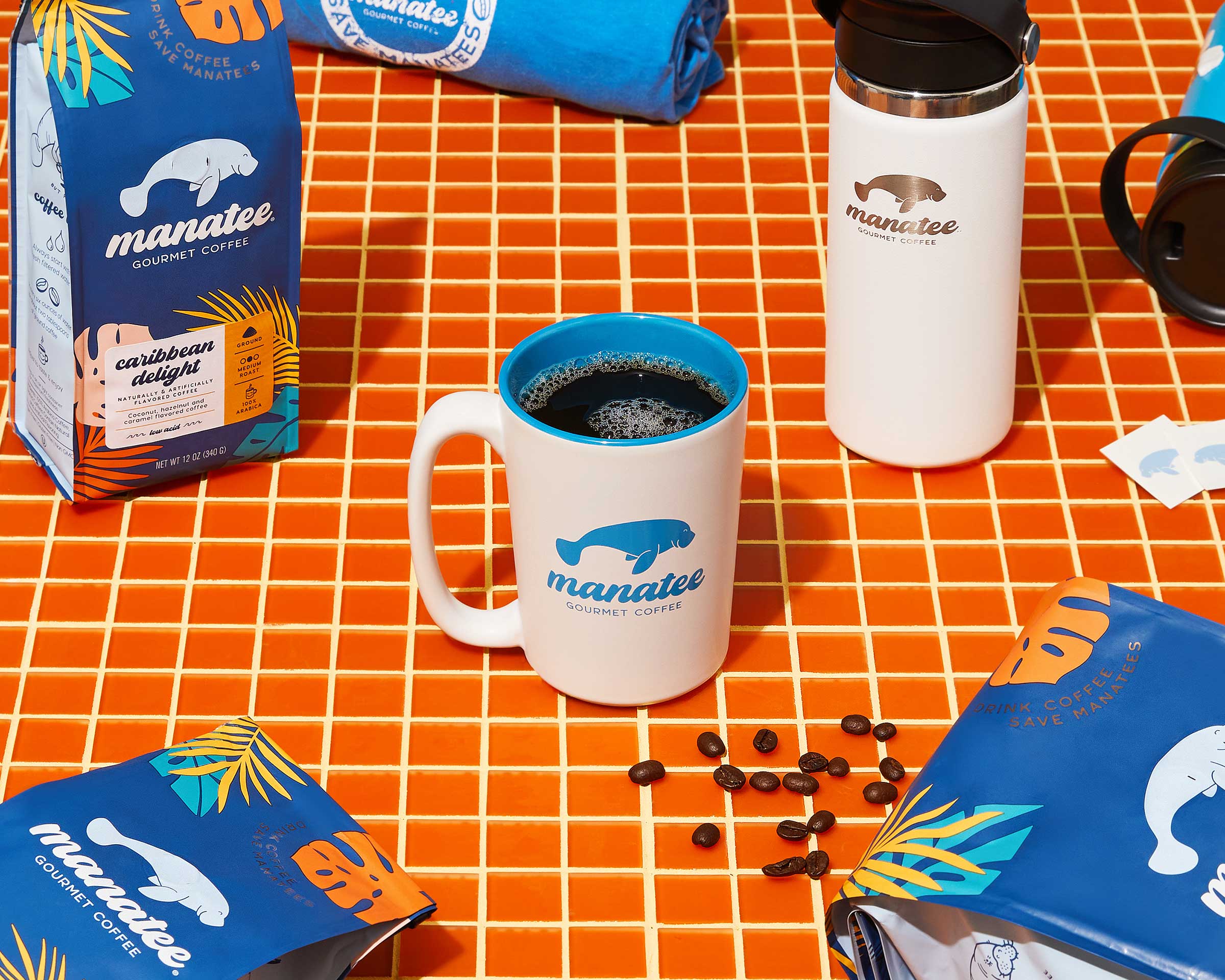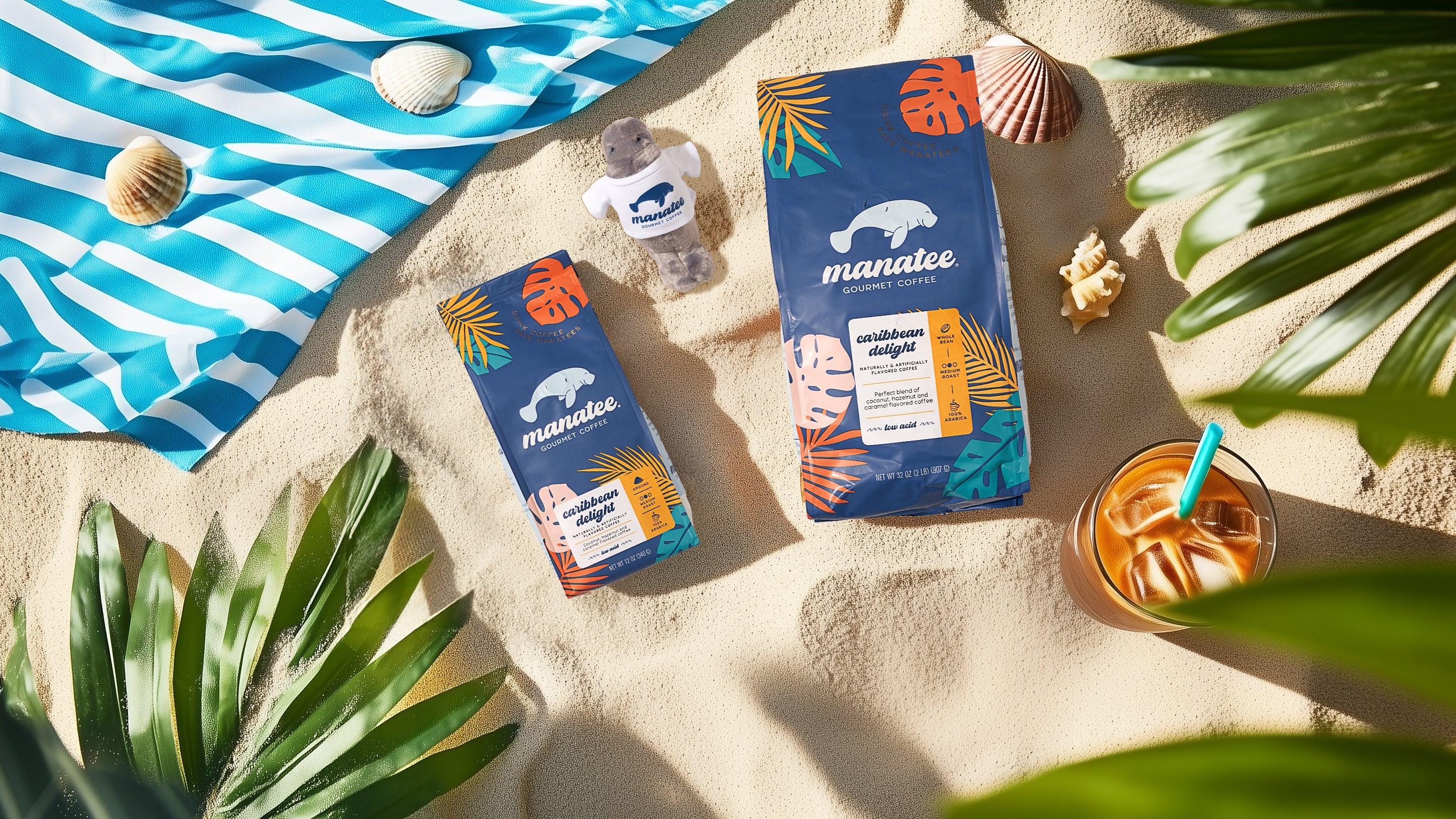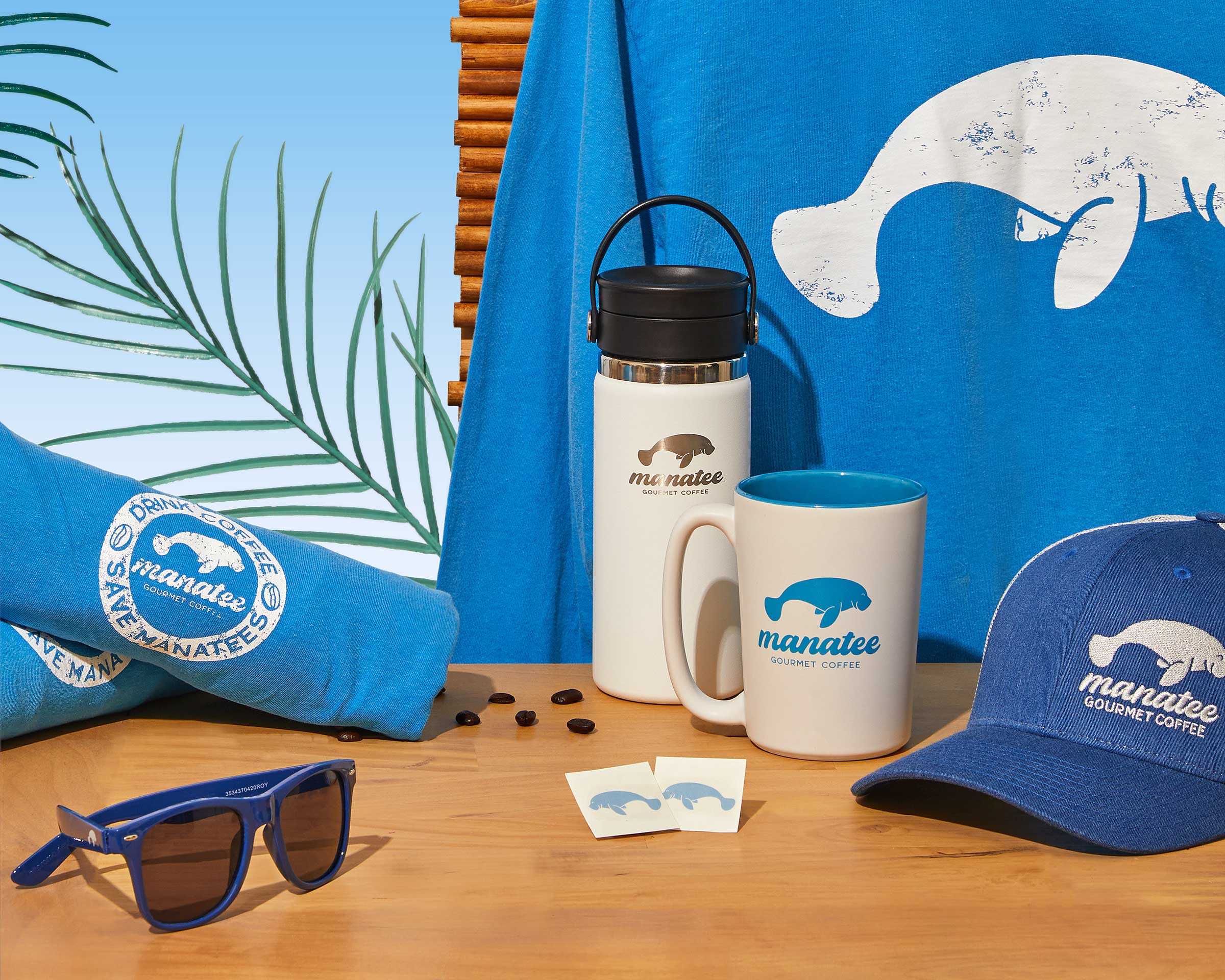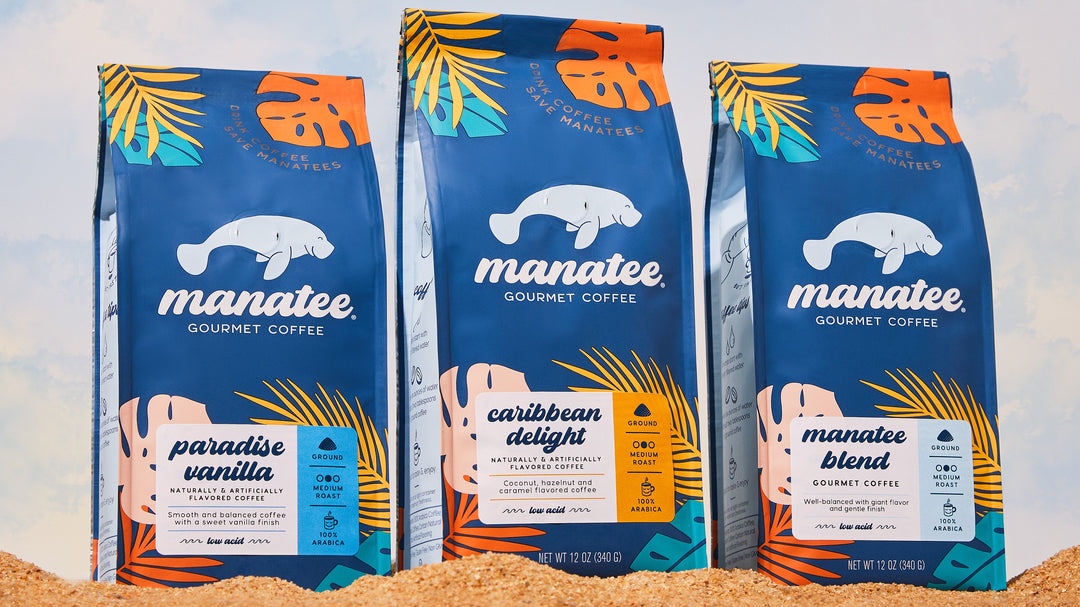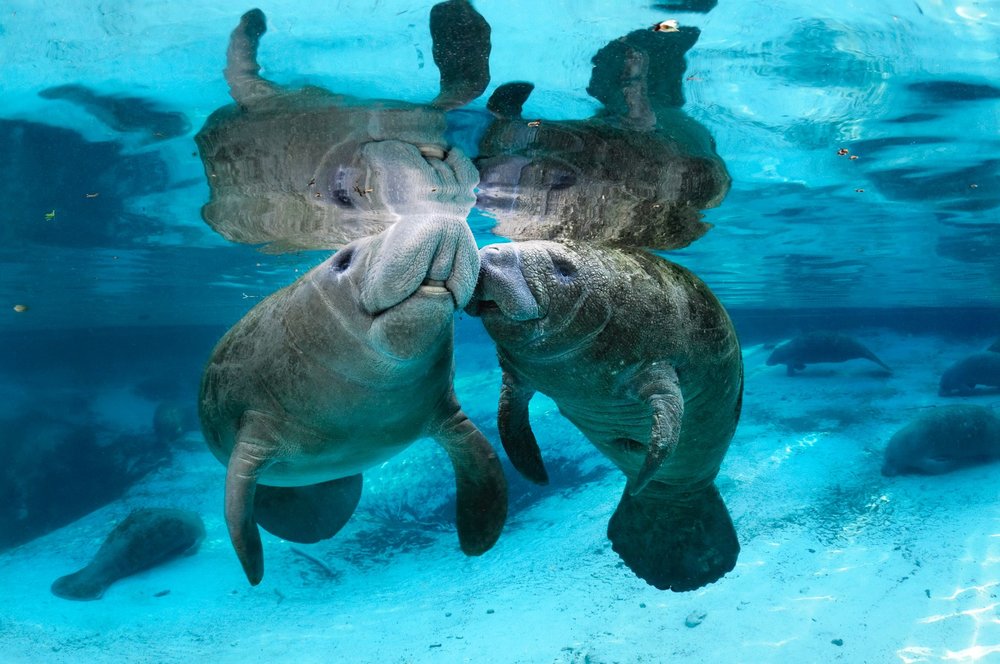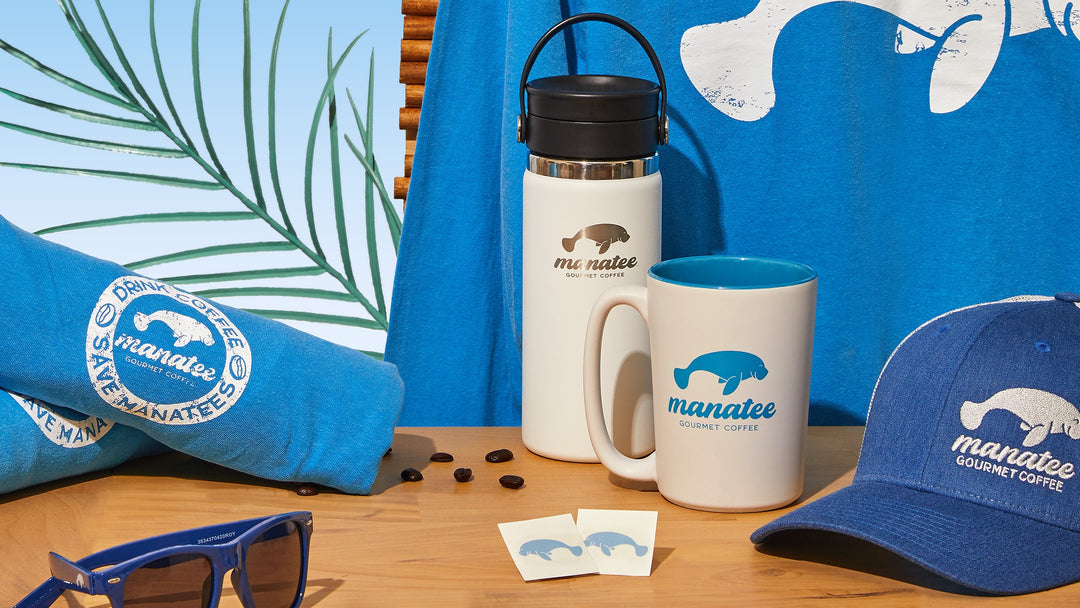Save the Manatee Club is proud to be a partner of National Safe Boating Week, May 22-28, the official launch of the 2021 Safe Boating Campaign. This yearlong campaign promotes recreational boating safety, such as wearing life jackets and not boating while under the influence of alcohol. Save the Manatee Club also uses the campaign, which kicks off the week before Memorial Day Weekend, to remind boaters of manatee-safe boating tips.
During the summer, manatees are found in shallow estuaries, bays, rivers, canals, and coastal areas throughout Florida and in neighboring states – most commonly Georgia, South Carolina, and Alabama. Because imperiled manatees are generally slow-moving and must surface to breathe air, they are especially vulnerable to collisions with fast-moving watercraft. Boat accidents are the primary cause of human-related manatee deaths. According to the Florida Fish and Wildlife Conservation Commission (FWC), most manatee deaths from watercraft collisions are caused by blunt-force impact, meaning that the speed at which boaters are traveling are causing strikes with deadly force. Those manatees that survive bear scars from their injuries. In fact, most living manatees have some sort of scar from a boat collision.
Watch our video to get a few quick tips on how to protect manatees while boating.
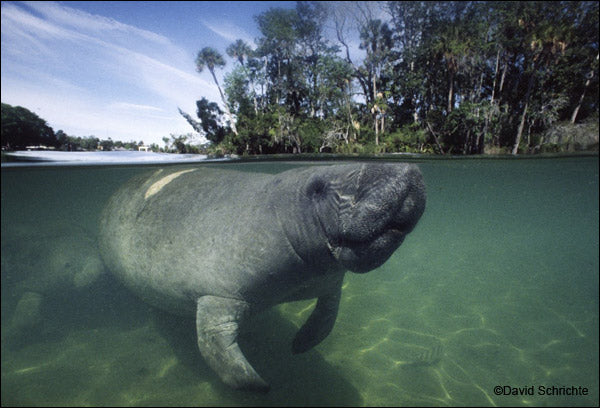
These tragic accidents are preventable with education, awareness, and the care of the boating community. Posted slow speed “manatee zones” indicate the likely presence of manatees and should be navigated through carefully. Boater’s guides usually list the location of manatee zones and can be reviewed before each boat trip. In addition to obeying posted speed zones, those on board should keep a lookout for manatees in the water by wearing polarized sunglasses to see below the water’s surface, and scanning for manatees’ snouts, backs, tails, flippers, or “footprints” – the flat, circular spot on the water created by the manatee’s moving tail. Following these tips, along with the Safe Boating Campaign’s guidelines, can help keep both boaters and manatees safe.
Boaters, paddlers, or those who spend time near the water are also encouraged to be a voice for manatees by immediately reporting injured, malnourished, orphaned, entangled, stranded, or dead manatees to the FWC or their local state wildlife officials. Manatees that have fresh pink or red wounds, are breathing more often than every 30 seconds, or are unable to submerge or tilting to one side, may be injured and should be reported. Boaters should not attempt to remove entanglements, such as monofilament fishing line, crab trap lines, or other marine debris, from manatees themselves – instead, they should report them so a trained biologist can assess the situation. In Florida, boaters can contact VHF Channel 16 on their marine radio or call the FWC at 1-888-404-FWCC (3922). Learn more tips on spotting and reporting sick or injured manatees at savethemanatee.org/rescue.
Free public awareness signs for shoreline property owners, waterproof boat decals, protection tips cards, and boating banners are available.
Save the Manatee Club offers a number of free materials available upon request to help safeguard manatees and increase awareness of manatee-safe boating tips. Shoreline property owners as well as park and marina managers can order aluminum signs alerting others to the presence of manatees in the area. And boaters and paddlers can request packets that include a safety tips card, a waterproof boat banner, and a decal to adhere to your vessel with the number to report manatees in distress. Order free materials at savethemanatee.org/resources.
This article was originally published by Save the Manatee Club.
500 N. Maitland Ave., Suite 210, Maitland, FL 32751
Phone: 1-800-432-5646 | 407-539-0990
